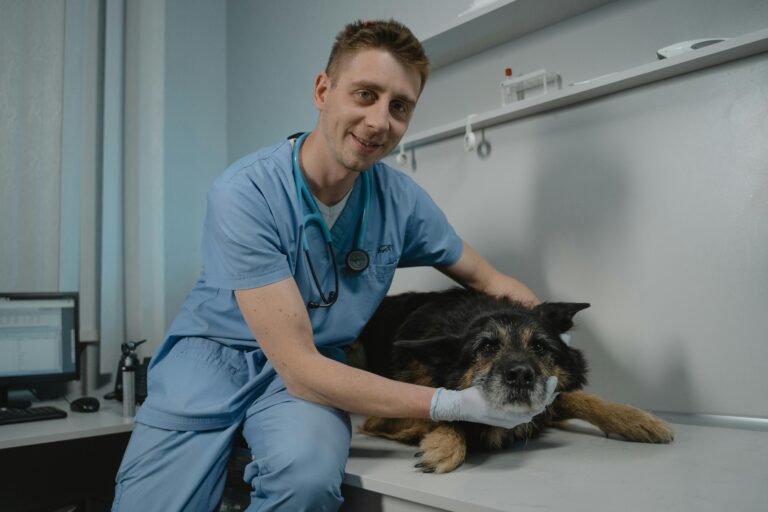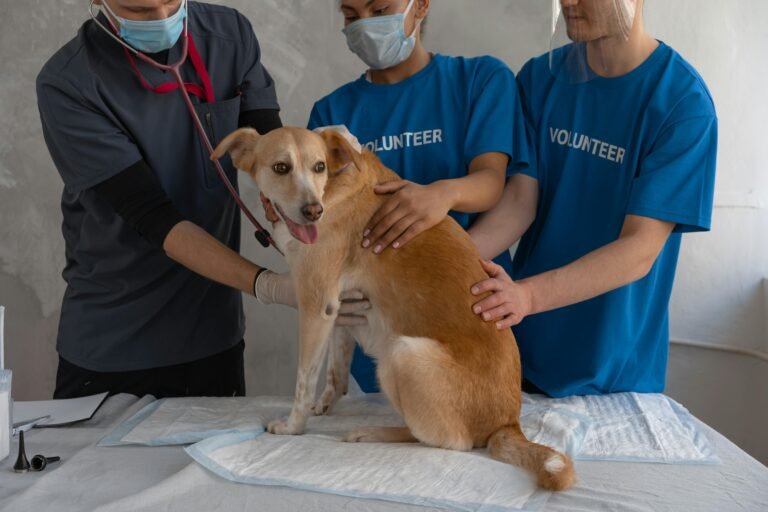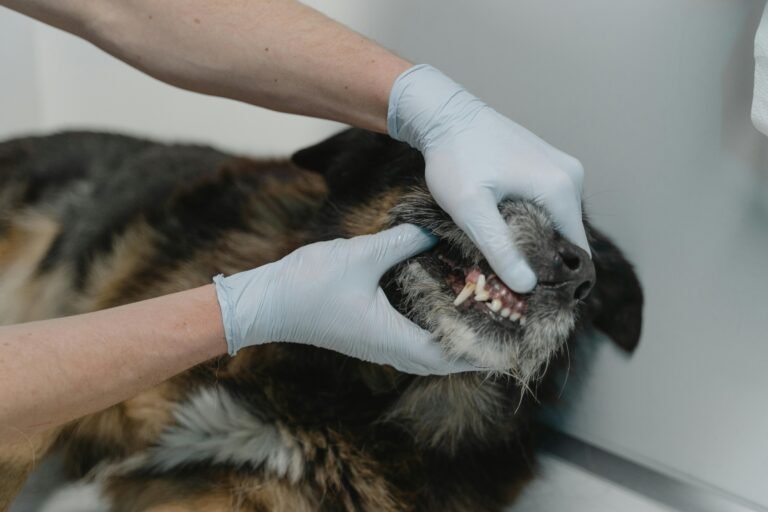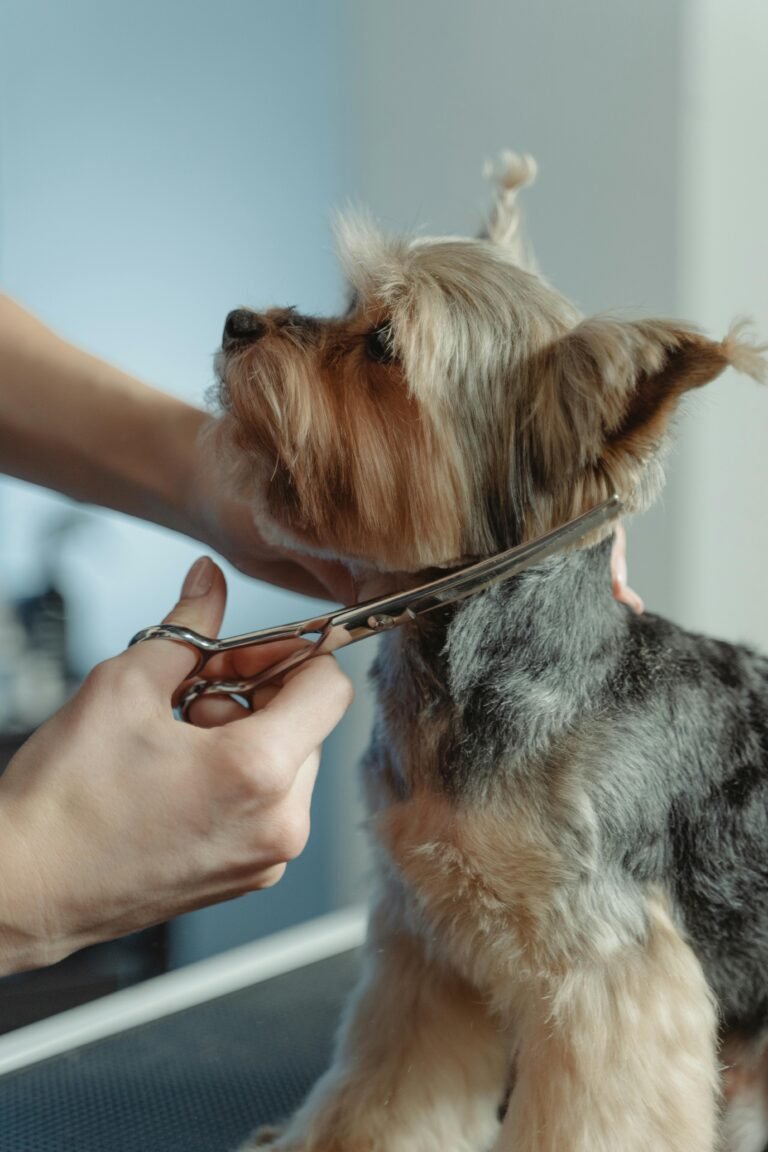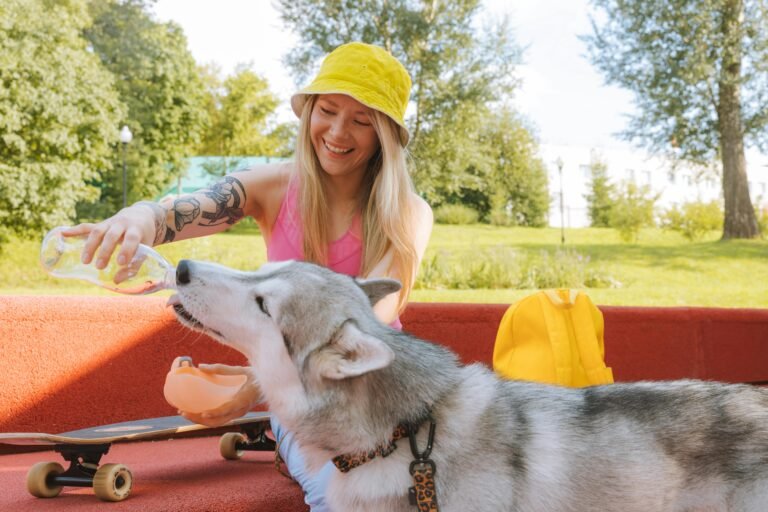Spring and fall are beautiful seasons—but if your dog seems extra itchy, sneezy, or irritated, seasonal allergies might be to blame. That’s right—just like humans, dogs can suffer from environmental allergens.
While your pup won’t be reaching for tissues, their body still reacts to pollen, mold, and grass in ways that can seriously impact comfort and health. Here’s how to spot the signs and give your dog relief from seasonal sniffles.
What Are Seasonal Allergies in Dogs?
Seasonal allergies, also known as atopic dermatitis, are triggered by environmental allergens like:
- Tree and grass pollen
- Weeds and mold spores
- Dust mites
- Ragweed or other regional blooms
Dogs typically absorb allergens through the skin or inhalation, leading to inflammation, itching, and other symptoms—often mistaken for fleas or food reactions.
Common Symptoms of Dog Allergies
Unlike humans who sneeze and get watery eyes, dogs show allergies mostly through their skin. Signs include:
- Frequent scratching or biting, especially paws and belly
- Red, inflamed skin or rashes
- Recurring ear infections or head shaking
- Licking paws or rubbing face on furniture
- Hair loss or hot spots
- Sneezing or runny nose (less common)
Pro tip: Symptoms often get worse seasonally—watch for flare-ups in spring or fall.
How Vets Diagnose Seasonal Allergies
Your vet may rule out fleas, food allergies, and infections first. If symptoms persist seasonally and respond to antihistamines or steroids, it’s likely an environmental allergy. Skin testing or blood work may be used for specific allergen identification in chronic cases.
Treatment Options
There’s no cure for allergies—but you can manage symptoms and reduce your dog’s discomfort:
- Antihistamines: Like Benadryl (vet-approved only), cetirizine, or chlorpheniramine
- Prescription meds: Apoquel, Cytopoint, or low-dose steroids for severe cases
- Allergy shots: Custom immunotherapy for long-term relief
- Topical sprays or medicated shampoos: Soothing anti-itch and antimicrobial products
Natural Remedies That May Help
- Rinse paws after walks to remove pollen
- Use a damp cloth to wipe down fur and face daily
- Add omega-3 fatty acids to support skin barrier health
- Run a HEPA air filter inside your home
- Consider raw local honey (discuss with vet first)
Prevention Tips
While you can’t change the seasons, you can reduce exposure:
- Walk your dog in the early morning or late evening (lower pollen count)
- Keep grass trimmed and avoid high-pollen areas
- Wash bedding weekly in hot water
- Use hypoallergenic cleaning products and pet-safe wipes
Final Thoughts
If your dog seems miserable every spring or fall, seasonal allergies may be the reason. The key to relief is identifying triggers, working with your vet, and building a care routine that keeps symptoms in check.
With a little planning, your pup can enjoy every season—without the scratching and sneezing.
